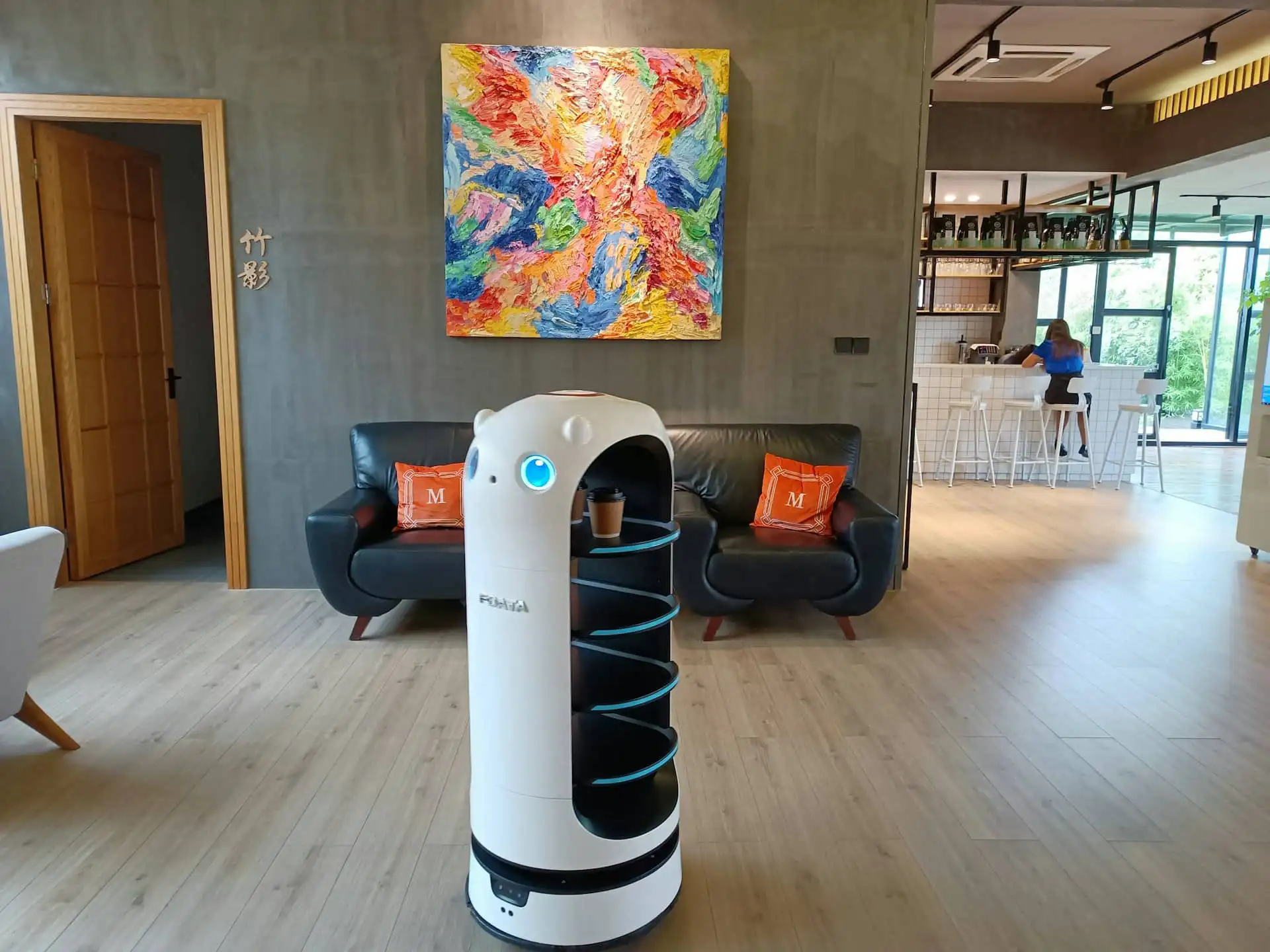Artificial Intelligence (AI) is poised to revolutionize the global economy in unprecedented ways. As AI technology advances, its potential to drive economic growth, enhance productivity, and create new industries becomes increasingly apparent.
One of the most significant ways AI is transforming the economy is through automation. By taking over repetitive and mundane tasks, AI frees up human resources for more complex and creative endeavors. This shift not only boosts productivity but also fosters innovation. For instance, AI-powered systems in manufacturing streamline production processes, leading to faster and more efficient operations. This can result in lower costs for businesses and, consequently, lower prices for consumers.
AI also plays a crucial role in data analysis and decision-making. With its ability to process and analyze vast amounts of data at high speeds, AI provides valuable insights that can drive strategic decisions. For businesses, this means more informed choices, better-targeted marketing strategies, and optimized supply chains. In finance, AI algorithms can predict market trends and detect fraudulent activities, enhancing the security and stability of financial systems.
Moreover, AI has the potential to stimulate economic growth by creating new markets and job opportunities. The development of AI technologies requires a skilled workforce, leading to an increase in demand for tech professionals. Additionally, as AI continues to evolve, it will give rise to new industries and services. For example, the rise of autonomous vehicles is expected to create a range of jobs in areas such as vehicle maintenance, software development, and infrastructure planning.










However, the widespread adoption of AI also presents challenges. Concerns about job displacement due to automation are prevalent, as AI may render certain roles obsolete. Addressing these challenges requires proactive measures, such as investing in education and training programs to equip workers with the skills needed for new roles in an AI-driven economy.
Ethical considerations are also crucial. Ensuring that AI is used responsibly and transparently is essential for maintaining public trust and avoiding potential biases. Establishing robust regulatory frameworks can help guide the ethical development and deployment of AI technologies.
In conclusion, AI holds immense promise for the global economy, with its potential to enhance productivity, drive innovation, and create new opportunities. Embracing these advancements while addressing the associated challenges will be key to harnessing AI’s full potential and ensuring a prosperous future for the global economy.















